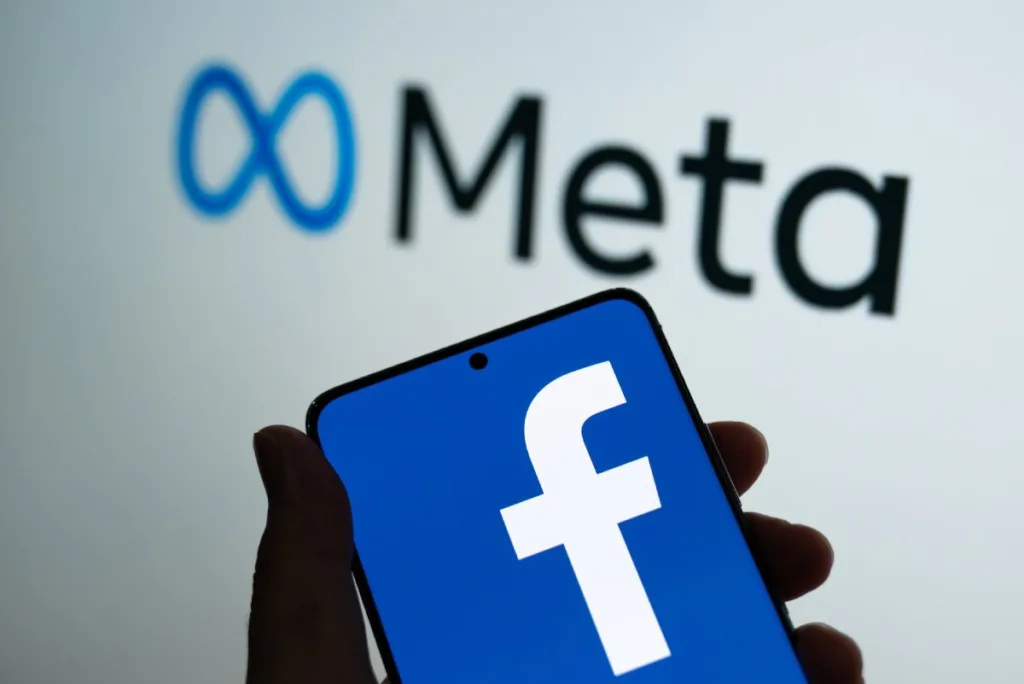Meta’s Subscription Model Under Scrutiny
Meta’s recent announcement of an ad-free subscription plan for Facebook and Instagram in Europe has been met with criticism from privacy advocates. The subscription, which costs €9.99 per month on the web and €12.99 per month on iOS and Android, allows users to opt out of targeted advertising on both platforms. However, the privacy group NOYB has filed a complaint with the Austrian Data Protection Authority, arguing that the subscription model essentially amounts to charging users a fee to exercise their fundamental right to data protection.

NOYB’s Argument: “Privacy Fee” Undermines User Consent
NOYB contends that Meta’s subscription model is coercive and undermines the principle of genuine user consent under EU data protection law. The group argues that by presenting users with a stark choice between paying for an ad-free experience or surrendering their personal data for targeted advertising, Meta is effectively forcing users to accept data processing practices they may not otherwise agree to.

Meta’s Defense: Balancing User Choice and Regulatory Compliance
Meta has defended its subscription model, stating that it provides users with a clear choice and allows the company to continue serving all users in the EU, EEA, and Switzerland in compliance with evolving European regulations. The company also maintains that the subscription fee is in line with similar offerings in Europe.

Key Points of Contention
The central issue at stake is whether Meta’s subscription model aligns with the principle of genuine user consent under EU data protection law. NOYB argues that the subscription effectively coerces users into accepting data processing practices they may not otherwise agree to, while Meta maintains that the model provides users with a clear choice and allows the company to comply with regulatory requirements.

Implications for Meta and the Future of Ad-Free Subscriptions of Facebook and Instagram
The outcome of NOYB’s complaint could have significant implications for Meta’s ad-free subscription model and the broader landscape of ad-free services. If the Austrian Data Protection Authority upholds NOYB’s complaint, Meta may be forced to modify its subscription model or face potential fines. The case could also set a precedent for how ad-free subscriptions are structured and marketed in the future.
Conclusion
Meta’s ad-free subscription model has sparked a critical debate about the intersection of user privacy, data protection, and targeted advertising. The outcome of NOYB’s complaint will be closely watched by privacy advocates, regulators, and the tech industry as a whole.









